Learning how to cultivate mushrooms is an incredibly rewarding and fruitful experience.
The more advanced you become, the more opportunities there are for you to earn a living growing mushrooms. As you learn more about the diverse range of mushroom species, and the vast number of techniques in the cultivation and experimenting with your own, you may find yourself wondering what the next step is in your fungi path.
Throughout this guide, we’ll cover everything you need to know to start a mushroom-growing business. From managing overheads and estimating production costs to creating a robust business plan, we’ll help you get your mushroom farm start on the right foot!
After reading about spawn, substrates, and liquid culture, you might find that our pre-prepared mushroom growing kits are the easiest entry point – grab yours now.
- Why Start a Mushroom Business?
- Is Mushroom Cultivation a Profitable Business?
- Determine whether starting a mushroom business is feasible
- The Costs of Starting a Mushroom Farm
- Creating a business plan
- Which Mushrooms Should You Grow?
- What Conditions Are Needed for a Mushroom To Grow?
- Common Mushroom Growing Problems
Why Start a Mushroom Business?
One of our favourite aspects of mushroom cultivation is the sheer amount of passionate individuals that drive the industry. In fact, seeing mushroom hobbyists develop and progress into commercial growers is one of the core goals of Urban Farm-It.
For those who share this passion, there is often little need for convincing as to why to start a mushroom business! But for those who are still curious, mushroom cultivation can be a very profitable and sustainable business.
The global mushroom cultivation market reached a profit of over 16 billion dollars in 2020, and it is expected to reach over 22 billion by 2028.
If you enjoy growing mushrooms then starting your own mushroom growing business could be a great way for you to earn a living.
Mushrooms – specifically gourmet mushrooms & are in high demand right now, as they can be grown year-round, require comparatively little growing resources and have a host of unique health benefits. From a business perspective, many of these gourmet mushrooms are difficult for supermarkets or other large-scale producers to produce on significant scales, creating real demand for specialist growers.
Is Mushroom Cultivation a Profitable Business?
Mushroom cultivation can be a very profitable business, especially if you are able to sell your mushrooms at a premium price. There are several factors that will determine how successful your mushroom business will be, including the type of mushrooms you grow, the quality of your mushrooms, and the size of your operation.
If you are able to specialise in hard-to-find gourmet mushrooms, you will be able to set your prices fairly freely. Additionally, if you have a large operation, you may be able to diversify your product offering to include more value-added products or offer wholesale products.
However, it is important to remember that mushroom cultivation is a risky business, and there is always the potential for loss. Before starting a mushroom business, it is important to do your research and make sure that you understand the risks involved. Additionally, it is important to have a solid business plan in place. If you do not have a solid plan, your mushroom business is likely to fail.
Determine whether starting a mushroom business is feasible
Whilst starting a mushroom business has some fantastic upsides, commercial mushroom farming isn’t a business that’s right for everyone. Here are a few things to consider when deciding whether or not to grow mushrooms:
- You must be a self-starter with a strong desire to succeed. You are solely responsible for your own success or failure in any form of an entrepreneurial venture. This is not unique to mushroom cultivation but to all businesses. Whilst your ability to produce mushroom products of exceptional quality will be key to your success, there are many other factors that determine the success of your business.
- Mushroom farming is also a physically demanding role, and it’s crucial to enjoy working with your hands – unless you’re in a position to employ staff. You’ll have to get your hands dirty and lift large objects on a regular basis. Someone looking for a desk job should probably steer clear of this field.
- For your mushroom farming operation to be successful, you will have to be ready to put in a lot of hours and effort.
- We also suggest you have experience in successfully cultivating smaller batches of mushrooms before attempting to grow mushrooms on a large scale. This will help you learn more about the process of cultivating mushrooms, but it will also help you decide if this is something you want to pursue as a full-time career.
- When you establish a mushroom farm, you probably won’t have the money to recruit employees. You’ll have to be able to perform in a variety of positions. You’ll be responsible for preparing the substrate, gathering mushrooms, cleaning, and placing orders on your own.
- Growing mushrooms is only one part of running a successful mushroom farm. In addition, you’ll have to build a network of contacts and promote your goods to chefs, distributors, and other potential customers. Having a good rapport with others is a must.
- You will also need to be prepared to deal with the legal side of setting up a mushroom farm.
- Increased traffic, potential noise and odours, waste disposal, and structure damage due to excessive humidity are all major considerations for regulators when considering a home mushroom farm.
The Costs of Starting a Mushroom Farm
Making mushroom farming a full-time business requires careful consideration of the costs and benefits of such a venture.
The cost of a mushroom farm varies widely and is likely to depend on your personal circumstances. One important question is whether or not you already own a property. Is your business going to be based out of your home?
Building supplies for your grow room, lab, prep area, and any other rooms that you wish to set up will be the most expensive items. For sterilisation, you’ll need a pasteurisation process and a pre-built or handmade laminar flow hood – unless you plan to exclusively grow oyster mushrooms – which will add up costs quickly.
Investing in mushroom spawn, mushroom substrate materials, growing bags, disinfection and gloves, as well as other consumables, can add significantly to your production expenditure.
Business expenses should also be factored into your budget. Rent, taxes, phone bills, utilities, employee wages, and interest on loans are all included in this category. These costs will be incurred regardless of how much or little you’re making.
It’s impossible to put a price tag on the first outlay. Everyone’s financial condition is unique, and the fees can range widely.
It is possible to start a modest mushroom farm with a relatively small investment. A person who is beginning out in an existing shed or garage may just need to invest in the necessary equipment and materials. There’s a good chance that you can make use of some of the existing space and equipment you currently have on hand. In a similar situation, you could begin growing and selling mushrooms directly from home for as little as £350 – allowing you to grow your business with little investment.
Large mushroom farms, for example, one in the centre of major cities like London, may have to pay thousands in rent each year just for the privilege of operating.
The more mushrooms you want to grow, the more your materials will cost proportionally, although overhead costs can be reduced per KG produced ass you expand.
Trying to set up a mushroom farm can be expensive, but for many individuals, the thought of running their own farm and producing their own food makes the investment worthwhile.
Setting Your Prices
Oyster mushrooms can sell anything between £7.50 and £24 per kg, depending upon where your business is located and the market into which you sell. You might be able to charge more if you’re selling straight to the public. The price you can charge for your mushrooms will mostly be determined by the current market in your area.
There are a lot of ways to reach out to people who might buy from you. Setting up a little booth at a farmer’s market is a simple method to get started. This is a low-cost (as little as £10 per event) way to get a sense of how the market will react, what your customers want, and how much you should charge.
To get your mushrooms ready for harvesting the day before the weekly market, you’ll need to have your farm tuned in. As a result, you may have to harvest your mushrooms either too early or too late, neither of which is ideal if you want to provide your consumers with the greatest possible product.
Another possibility is to sell straight to the kitchens of restaurants. This is where you’ll need to build a solid network of contacts in the local restaurant industry. Mushrooms that appear to be “rare,” fresh, and in good health are a welcome sight for many cooks.
You may be able to sell your entire harvest to chefs regularly, depending on where you live. This eliminates the requirement for a market stall and direct marketing to consumers.
If you’re selling mushrooms at a crowded market, you may have to discount them a bit. However, you might charge more for your mushrooms if they are fresher and of better quality than those of your competitors.
Creating a Budget for Your Mushroom Business
You’ll also need to figure out your company’s cash flow–how much money your company has coming in and going out.
It’s possible that you won’t be able to construct an exact budget or cash flow plan in the beginning. To be on the safe side, do your homework and make sure your information is accurate. You don’t want to be taken by surprise later on when your business costs twice as much as you anticipated.
For a general idea, consider the following steps:
- Estimate your fixed costs
- Determine likely variable costs
- Consider one-off purchases
- Size your local market and predict likely revenue targets
Creating a business plan
What is a business plan?
If you want to know exactly where your business is going, you need a business plan. Business plans outline the company’s marketing, financial and operational strategy in detail.
A business plan can help you determine if it is possible to develop your mushroom farm into a viable business. If demand in your local area (or the areas you intend to sell) is too low or running costs are too high, you may want to reconsider your proposition and head back to the drawing board.
Business plans are used by both new businesses and well-established corporations. Mushroom farming, like any other business, needs planning too.
A well-written business plan will also assist you in assessing your competition, developing a marketing strategy, and more.
If you’re applying for a bank loan, you’ll almost certainly need to submit a business plan too. This demonstrates your commitment to the project and shows that you’ve weighed the advantages and disadvantages of every option.
Marketing Your Mushroom Business
Understanding Your Market
Before diving into digital marketing, it’s essential to understand your target audience. Are you catering to gourmet chefs looking for unique mushroom varieties, health-conscious consumers interested in the medicinal properties of mushrooms, or home cooks seeking fresh, locally sourced produce? Identifying your target market will help tailor your digital marketing efforts to effectively reach and engage your audience.
Building a Digital Presence
A strong online presence is foundational to any modern business, including mushroom farming. Start by creating a professional website that showcases your products, tells your brand story, and provides essential information about your business. Ensure your website is user-friendly, mobile-optimised, and includes high-quality images of your mushrooms.
Key components for your website:
- Product Pages: Highlight each type of mushroom you offer, with detailed descriptions, pricing, and availability.
- Blog: Regularly updated content on mushroom recipes, cultivation tips, and health benefits can drive traffic to your site and establish you as an authority in the mushroom industry.
- E-commerce Integration: If you’re selling directly to consumers, ensure your website has a secure, easy-to-use e-commerce platform.
- Contact Information and Order Forms: Make it easy for customers to reach you and place orders, whether through online forms, phone, or email.
Determine the level of investment needed
We suggest an initial investment of £1,500 for a small commercial mushroom farm. This is a low number for a starting crop in the agricultural industry.
If you’re already a seasoned mushroom grower you may have lots of equipment to hand already, which will reduce the starting costs.
It’s a tight budget, but with a little ingenuity, you should be able to get everything you need to get started with mushroom cultivation.
What is needed to start a mushroom business?
To get your mushroom farm up and running, you are going to need a variety of supplies.
-
Basic equipment: Items such as a humidifier, growing container, flow hood, pressure cooker, tools, grow tent, timers, and probes are all part of this package. It’s possible to find most of these items in good condition second-hand.
-
Materials for the construction of your utility, inoculation, and fruiting rooms: This includes things like shelving, lights, fans, a sink, plumbing tubing, food-grade steel drum, vinyl flooring, waterproof floor paint, and more.
-
Substrate: A substrate choice must be made, such as straw, sawdust, or coffee grounds. Consider the most cost-effective methods of sourcing these items locally.
-
Bags for spawning and growing mushrooms: Locally sourced goods should be used wherever possible. In particular, you want to decrease the travel time for the fresh mushroom spawn. That way, you’ll have a happier and healthier spawn.
Types of Mushroom Products You Can Sell
Your sales could benefit greatly from expanding your product offerings.
In order to avoid putting too much effort into creating a huge product catalogue that doesn’t sell, we recommend experimenting with these to determine which works best in your area.
- Fresh mushrooms: The simplest approach to selling your mushrooms is to sell them fresh. Like the other items on this list, it doesn’t take much time to develop a value-added product. It’s as simple as picking and packing up your mushrooms.
- Dried mushrooms: In the event you have an excess of fresh mushrooms at any given time, drying them can extend their shelf life to several weeks or even months.
- Mushroom supplements: Reishi and lion’s mane mushrooms, for example, can be dried, pulverised, and then put into capsules for supplementation.
- Mushroom jerky: Jerky can be made by marinating dried mushrooms in soy sauce, vinegar, and seasonings. As a substitute for beef jerky, vegans are embracing this unique and delicious food.
Which Mushrooms Should You Grow?
There are many excellent varieties of mushrooms to choose from, but you shouldn’t take this decision lightly.
It’s important to first decide whether you want to cultivate a single species of mushroom or a variety. Both have their benefits and drawbacks.
It’s easier to create grain spawn and time the mushroom cycle if you’re just growing one type of mushroom at a time. If you only have one grow room, you may fine-tune the climatic conditions without sacrificing quality. You may want to experiment with different types of mushrooms if you’re hoping to sell them.
The shelf life, handling ability, and culinary utility of various mushrooms must also be taken into account. Depending on where you plan to sell your mushrooms, their market acceptability and price per pound will fluctuate as well.
As a general rule, oyster mushrooms are the best sort of mushrooms for novice growers, because they are easy to cultivate, grow quickly, and are in high demand. It’s also cost-effective to grow these crops because of their cheap production costs.
Pink, yellow, grey, white and blue oysters are just a few of the many species of oysters that can be found. A farmer’s market display featuring a wide selection of oyster mushrooms is sure to draw attention. It’s a good idea to sell them as a mixed punnet.
Shiitake, king oyster, and lion’s mane are some of the other gourmet mushroom species that are popular with both chefs and consumers.
Another option is medicinal mushrooms. Reishi, turkey tail and Chaga mushrooms are some of the most popular because of the health benefits they provide. In addition to selling locally, you can sell dried or powdered medicinal mushrooms online. These can also be processed into tinctures as high-value medicinal liquids.
Button mushrooms, portabella mushrooms, and chestnut mushrooms should all be avoided. These are the most common commercially grown mushrooms. Large button mushroom farms already in existence make it impossible to compete on pricing.
What Conditions Are Needed for a Mushroom To Grow?
Mushrooms grow in a variety of ways, and each stage of the process requires various conditions. A fruiting chamber is critical to the mushroom farm. Managing a grow room is a skill that requires practice and a deep understanding of the type of mushrooms you are cultivating and the climate in which you are growing them.
Essentially, a fruiting chamber is a functional area in a regulated atmosphere where fungi can thrive. You’ll need to be able to regulate the air’s CO2 and humidity levels, as well as its temperature.
Relative humidity levels of 85 to 95% are a good starting point for growing room humidity. To get the best results, you’ll need a precise hygrometer.
In order to successfully cultivate mushrooms, temperature must also be managed. Mushrooms thrive best in humid, cool conditions. However, this is an exception rather than a rule for some mushrooms, such as the pink or yellow oyster. Temperatures between 15 and 18 degrees Celsius during fruiting are ideal for most mushrooms, allowing them to produce more strong and meaty fruits.
Cleanable walls and flooring are generally required in a grow room to make it easier to wash. It’s easier to prevent contamination than to remove it from the environment.
Common Mushroom Growing Problems
Here are some common mistakes that new mushroom businesses make and how to fix them.
- Starting too big: When you’re first getting your mushroom growing business off the ground, you might face challenges and fall short of your goals. When you’re just beginning, it’s better to make a small mistake than to lose a significant amount of money. Make sure you are familiar with the entire mushroom cultivation procedure and have gone through it several times before extending your operations.
- Overspending on equipment: Mushroom farming is one of those businesses that can be started on a shoestring budget. A lot of the best equipment is good, but it’s possible to start your business without most of it. Determine what equipment is absolutely necessary for the techniques and kinds you intend to use. If at all feasible, start out with as little as possible.
- No plans for waste: Once the substrate is used up, you’ll need to safely dispose of it in a compost pile or something similar. The amount of spent substrate can soon turn into a significant pile (and a large problem) for new growers, making this an important consideration. A nearby landowner may need to help you arrange for the disposal of your substrate.
- Learning everything on your own: There are plenty of people who already know all you need, there’s no need to start from scratch in order to figure things out. Our classes on mushroom cultivation can help you get kick-started with mushroom growing.
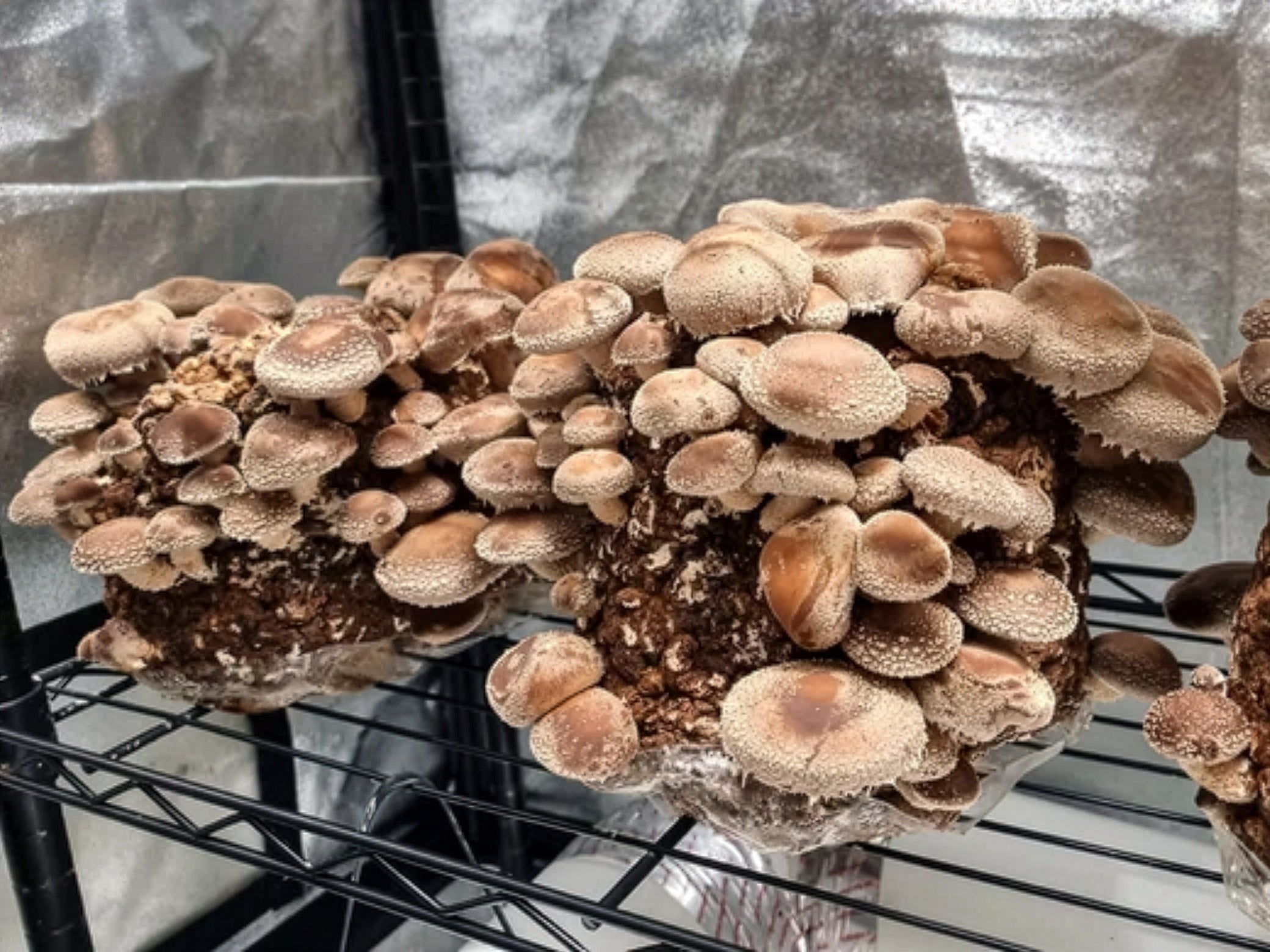

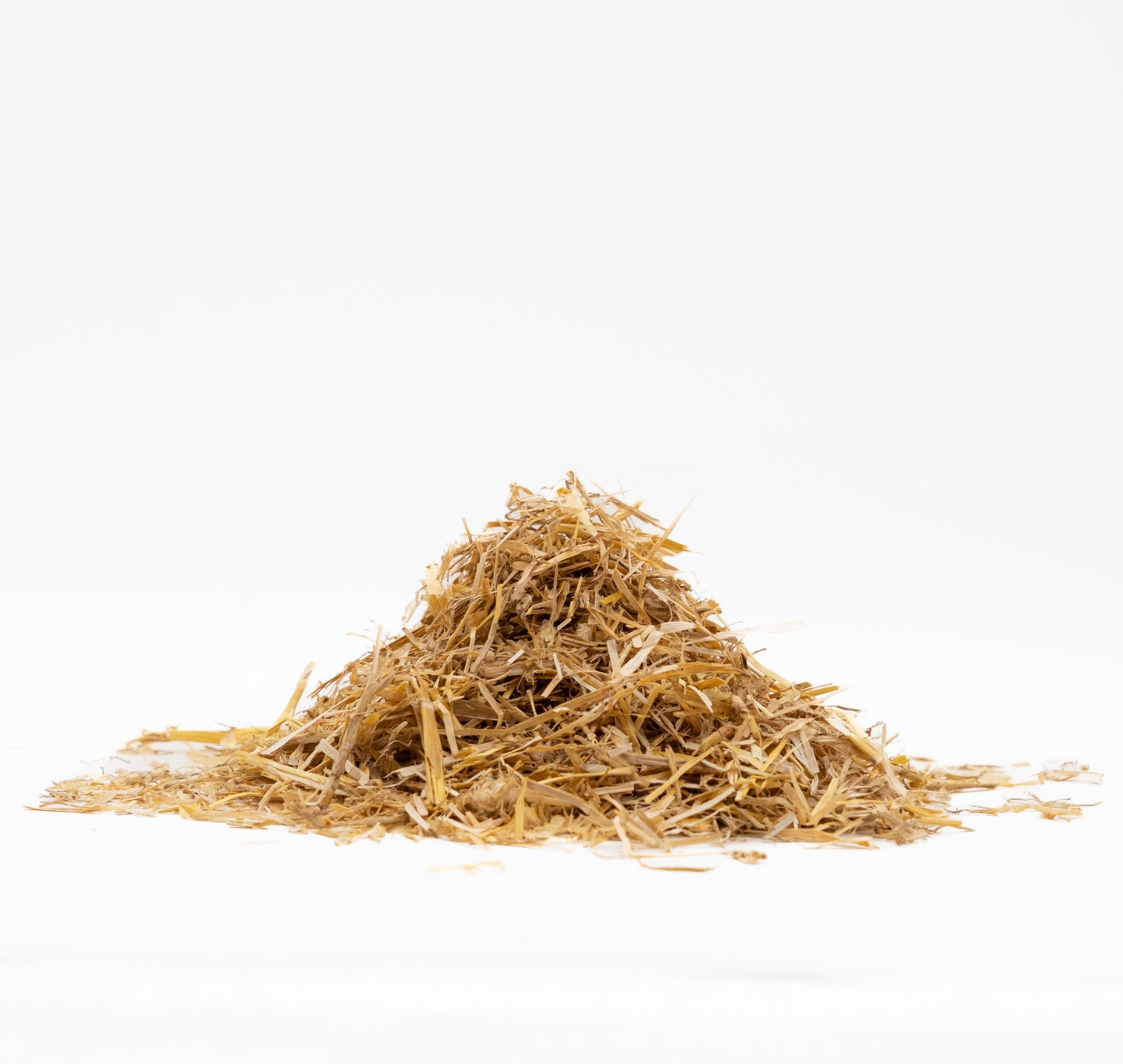
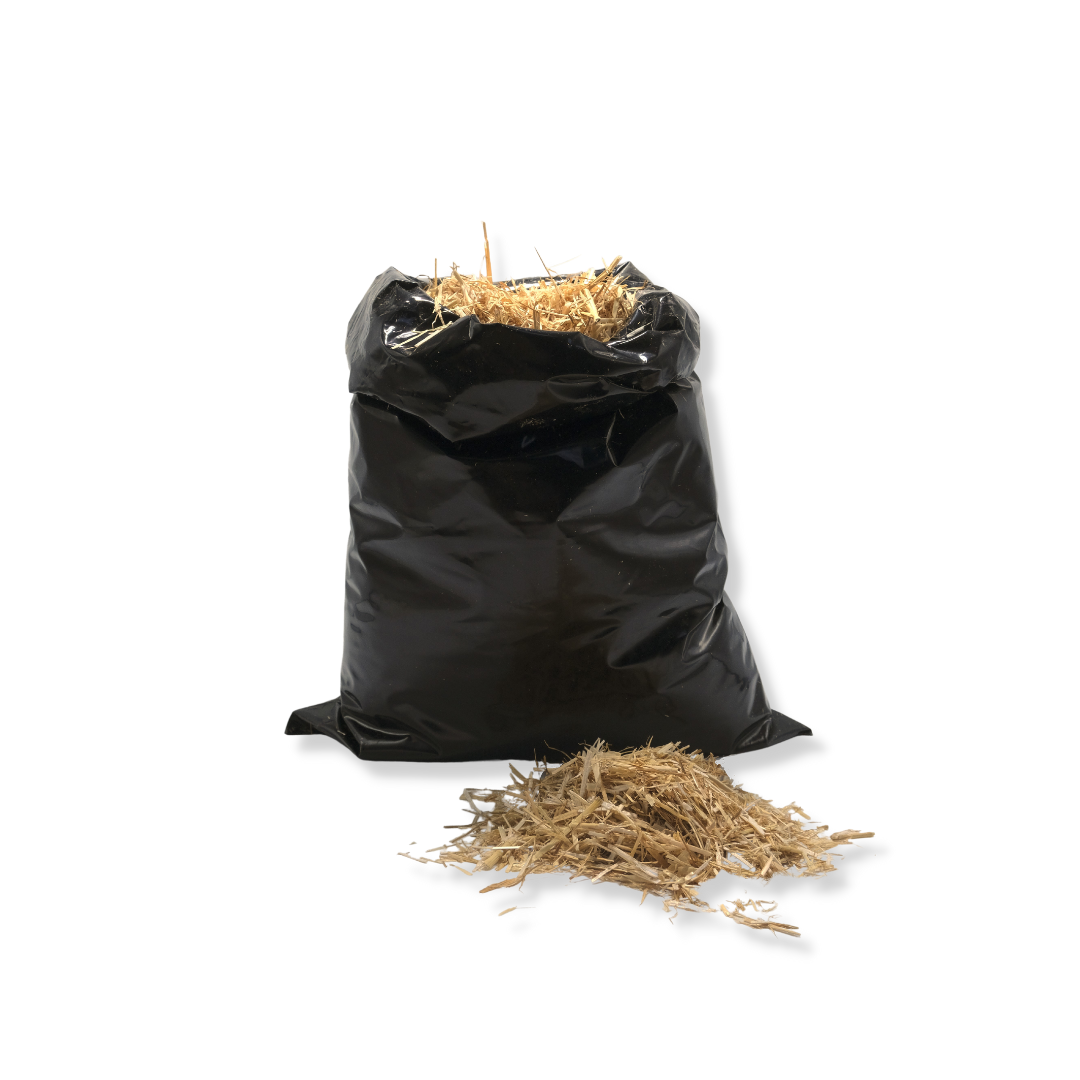
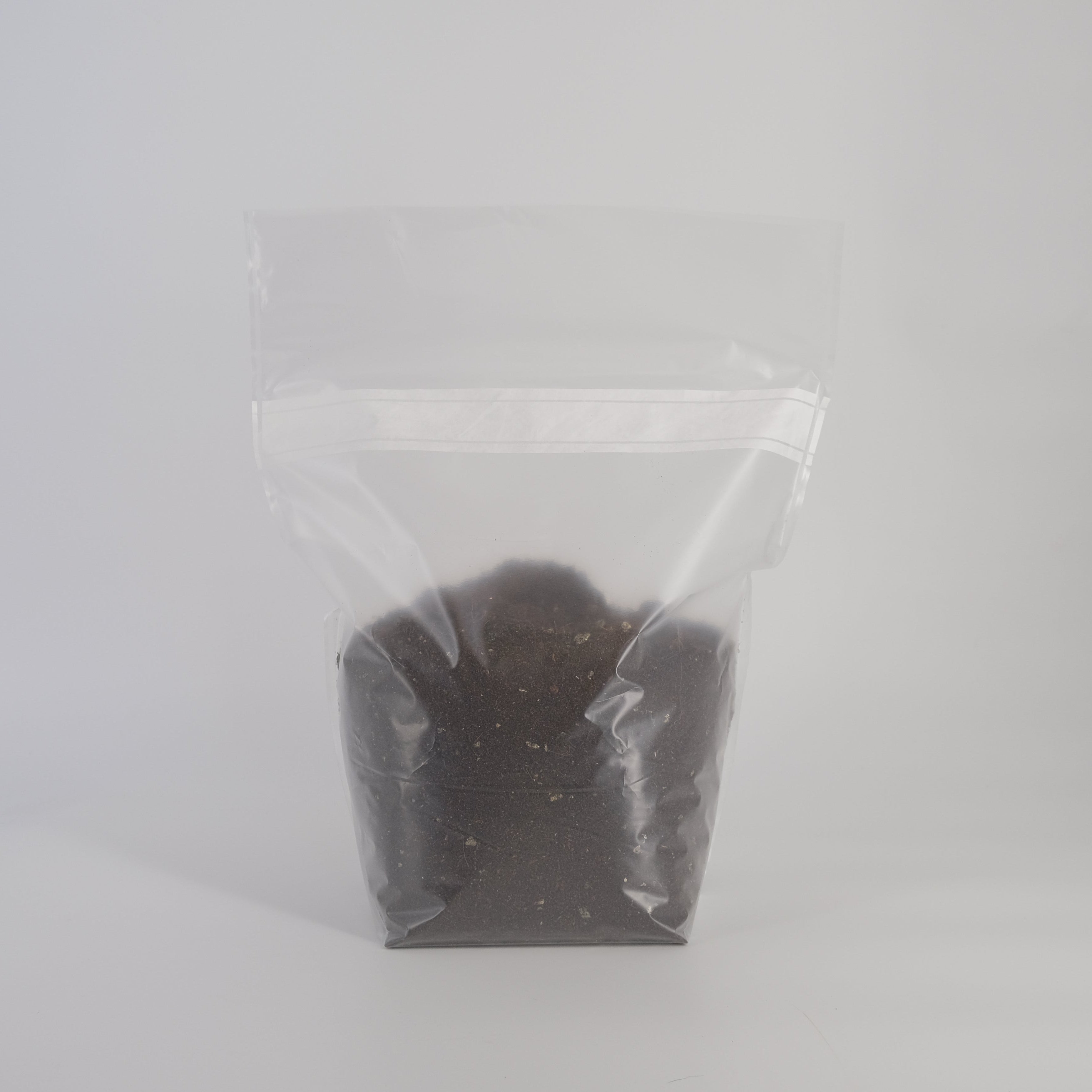

Share:
What is Master’s Mix? How to Grow Mushrooms on Soy Hulls